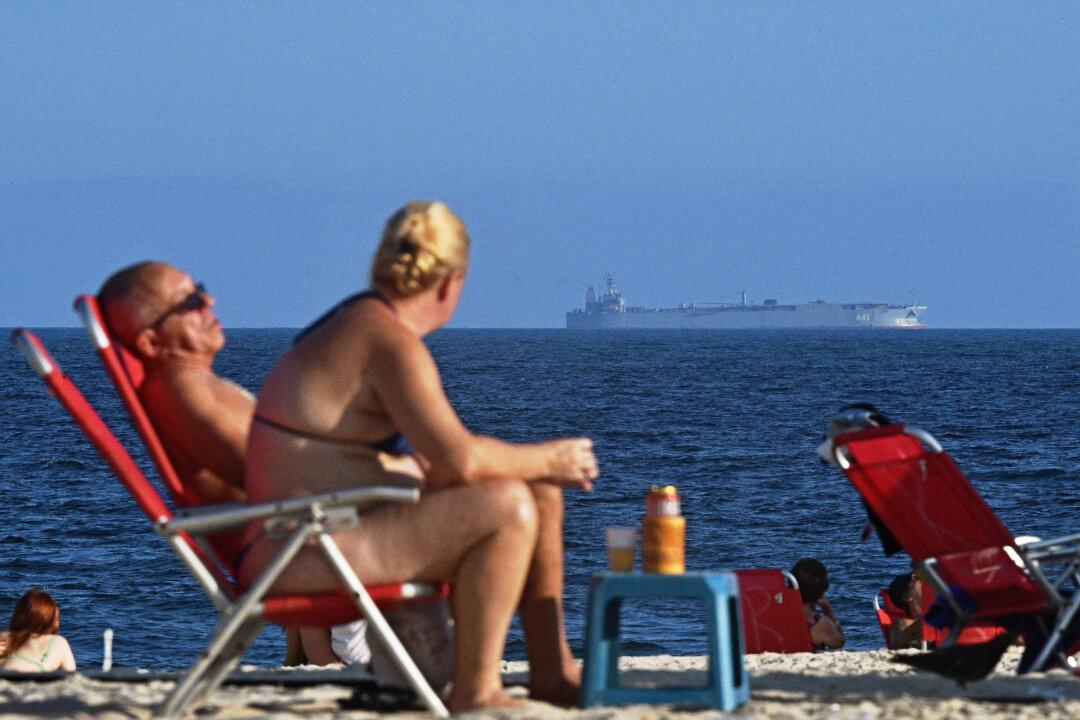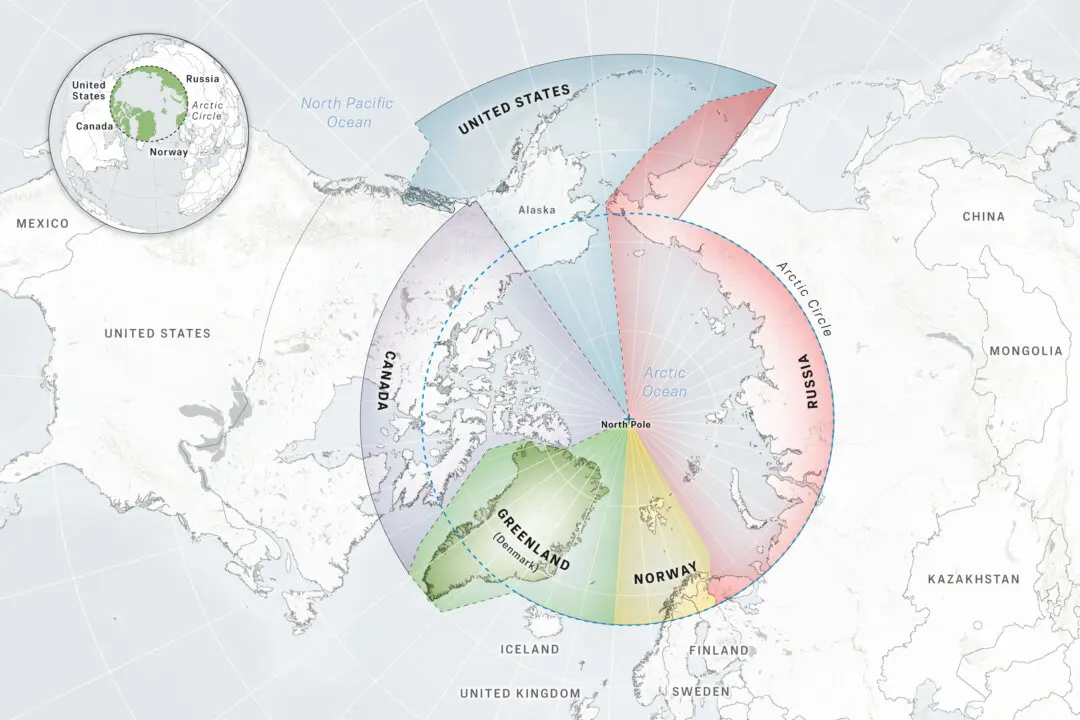Iran appears to be making inroads toward its stated goal of sending warships to the Panama Canal before the end of 2023, but analysts say that’s just the beginning.
Brazil permitted two Iranian warships to moor off Rio de Janeiro’s famous beaches from Feb. 26 to March 4, causing a stir among democratic nations throughout the region.





